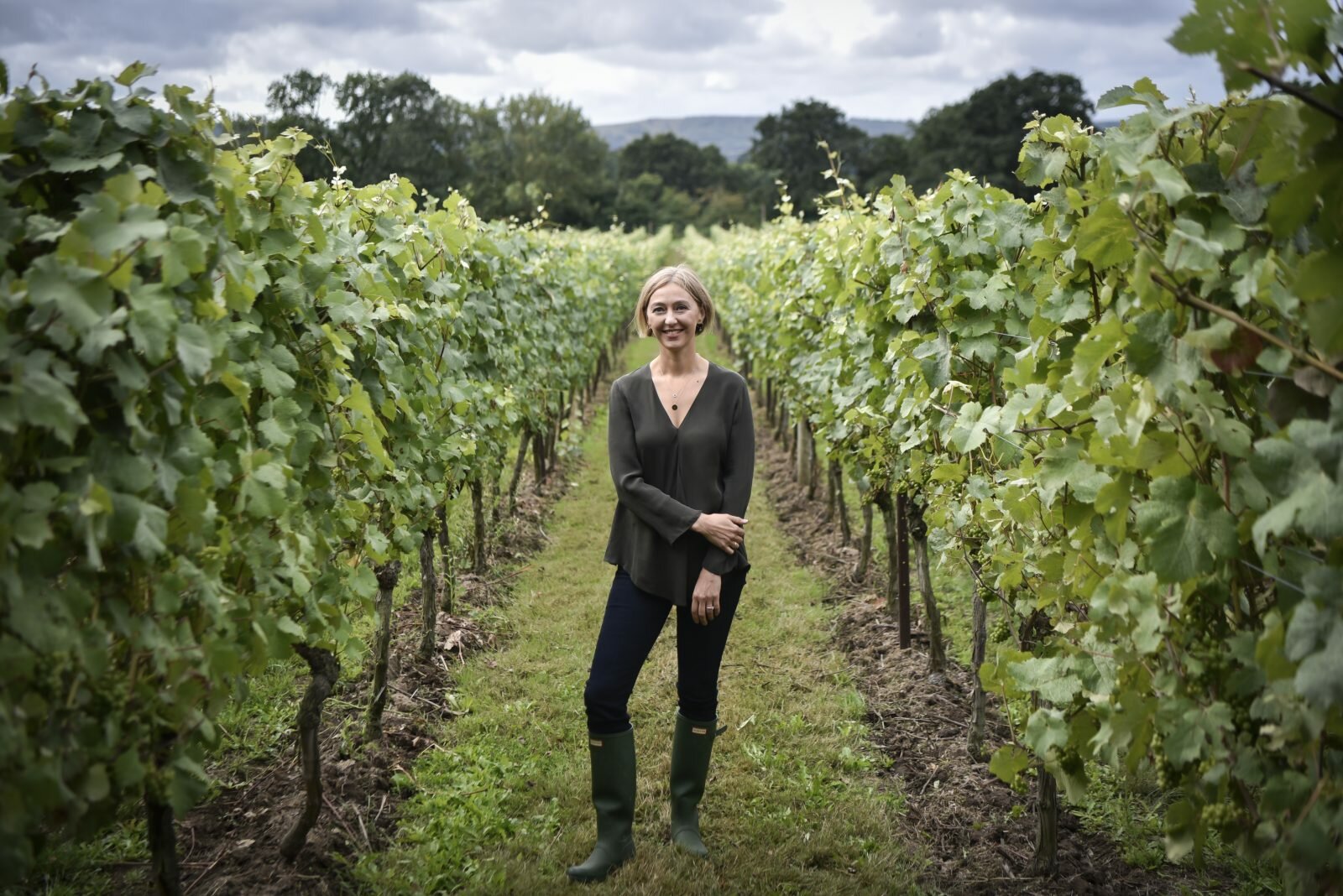There are many things that England is known for. A long, storied history, one of the world’s most famous monarchies, and David Beckham. Good wine, however, is not one of those things.
Cherie Spriggs wants to change that. As Head Winemaker at Nyetimber — one of England’s oldest wineries — she’s out to prove people that British wines can be good, even if they don’t come bearing a sheaf of shiny certifications, or a storied history that meanders back hundreds of years (Nyetimber planted its first vines in 1988).
But she doesn’t see Nyetimber’s relative youth as a disadvantage — in fact, she sees it as a boon.
“It does make it quite liberating, actually,” she says. “It means that when we talk about Nyetimber, we focus solely on the quality of our wine and the strength of our brand.”
“There’s no heritage safety net to rely on, but it means that when we see the successes that we have over the last several years, we know it’s purely down to the hard work of everyone here.”
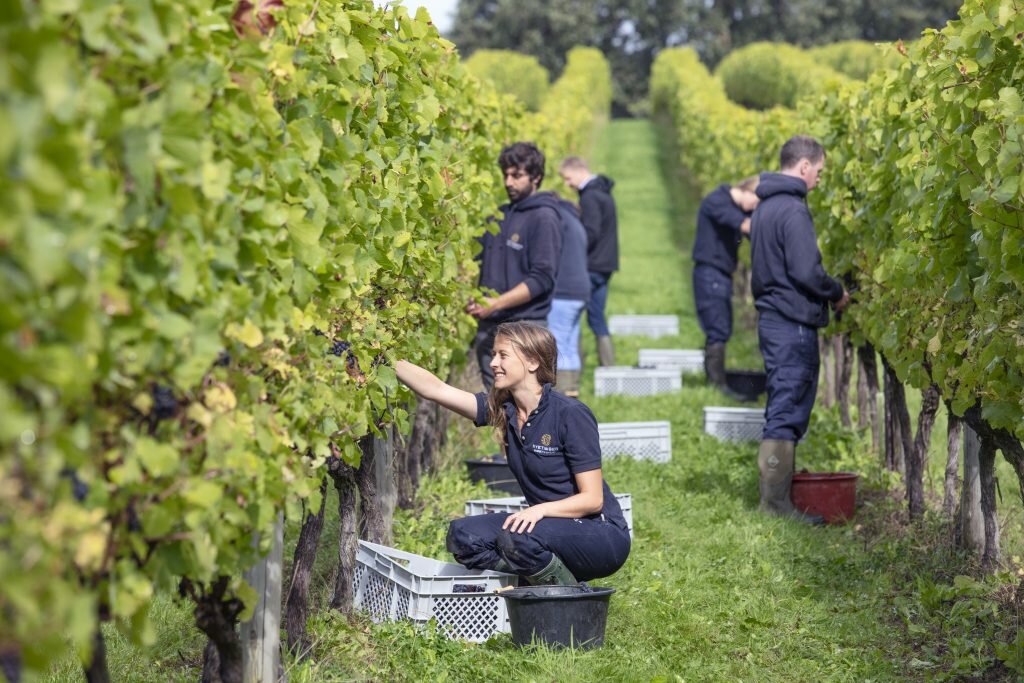
And that hard work can’t be stated enough. At Nyetimber, they do everything in-house, from growing their own grapes and making them at their winery, and Spriggs has a hand in just about all of it.
“Having the ability to hone in on any element of your vineyards, your grapes, your wines – knowing exactly what’s going on, and knowing when to involve yourself or to step away… It helps us to ensure that nothing is left to chance,” says Spriggs, who adds, “Other than the weather, of course.”
It’s that same attention to detail that won Spriggs the title of Sparkling Winemaker of the Year at the 2018 International Wine Challenge. Her win marked the first time that a winemaker outside of Champagne (and the first time a female winemaker) had won the award in the history of the Challenge.
It was something of a win for English winemakers, who for years have battled against the notion that their sparkling wines were inferior to that of their European — more specifically, French — counterparts. To provide a little more background on what Spriggs and her English counterparts are up against, it is, after all, illegal to label a product ‘champagne’ unless it actually comes from France’s eponymous region and is produced under a stringent set of rules.
-
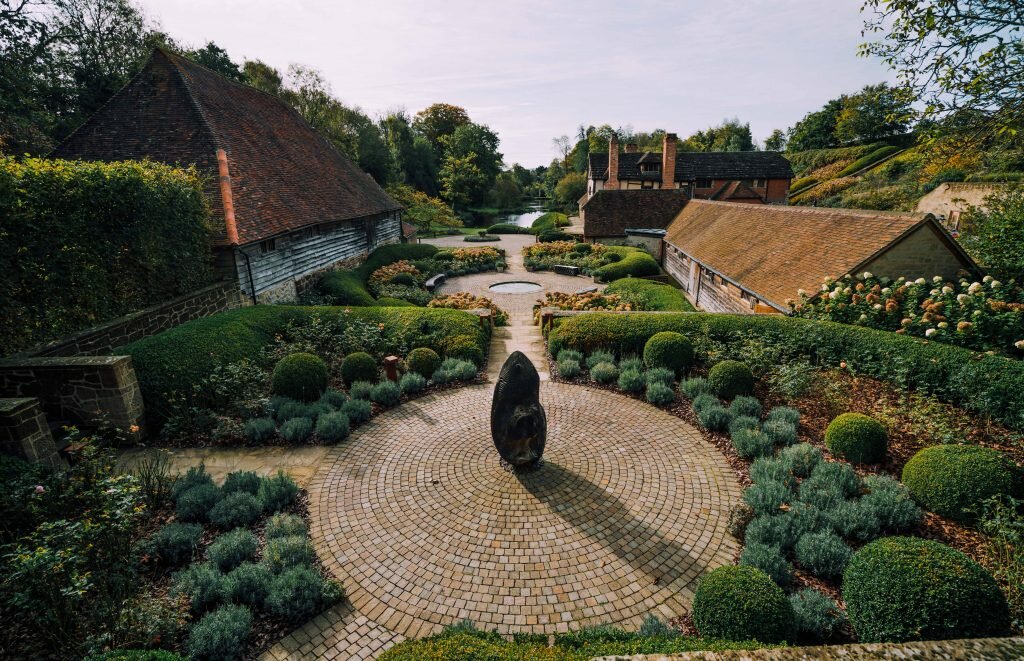
(Image: Nyetimber) -
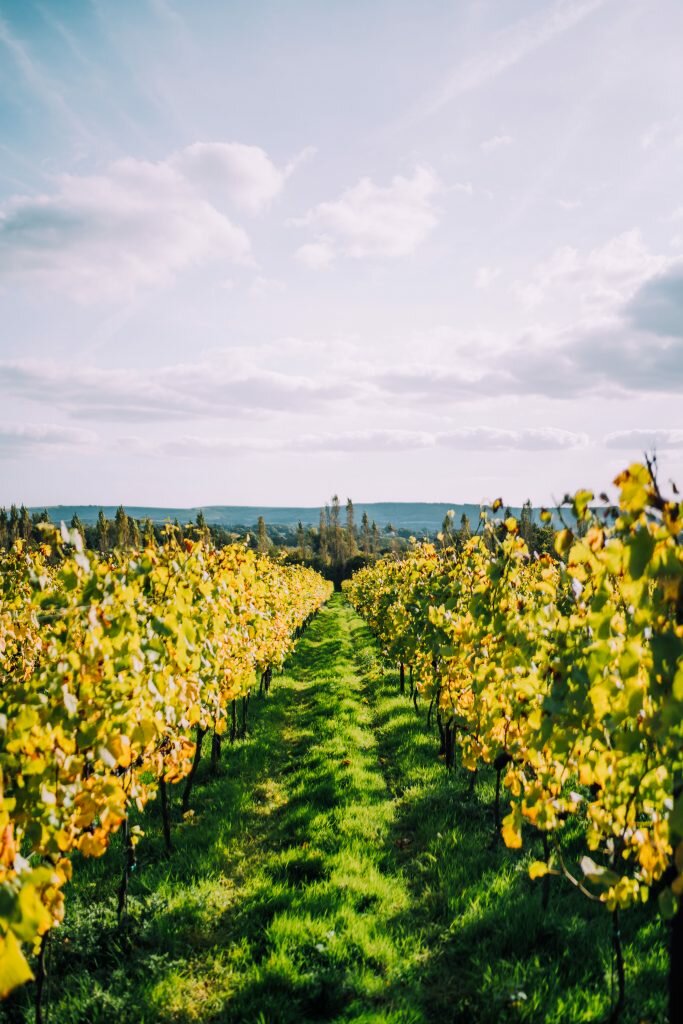
(Image: Nyetimber)
But there’s a reason why England is not better known for its sparkling wines, as well as an enemy that’s greater than archaic notions: the weather.
England, land of the dreary clouds and overcast skies, is nobody’s first choice to start a vineyard. And while the soil at their West Chiltington vineyard is geologically identical to that of Champagne’s, the vines need more than good soil: they need warm, dry weather — something England sorely lacks.
“A key time for us is the harvest, where we get to see the final result of the year’s growth — the literal fruits of our labours,” quips Spriggs. “It’s a particularly intense time.”
“In great years, we are delighted. But in our climate, sometimes we have lesser harvests, like in 2012.”
In 2012, Nyetimber made the heart-rending decision to abandon their year’s harvest entirely — the first time they had to do so in their 24-year history. That June was one of the wettest since records began, and it would ruin that year’s harvest, forcing the winemaker to scrap the lot entirely.
Still, Spriggs is nothing if not determined. As a biochemist by trade, Spriggs fell in love with the complexities of winemaking. As she puts it: “It involves plenty of science and analysis, but there’s a huge amount of artistry involved.”
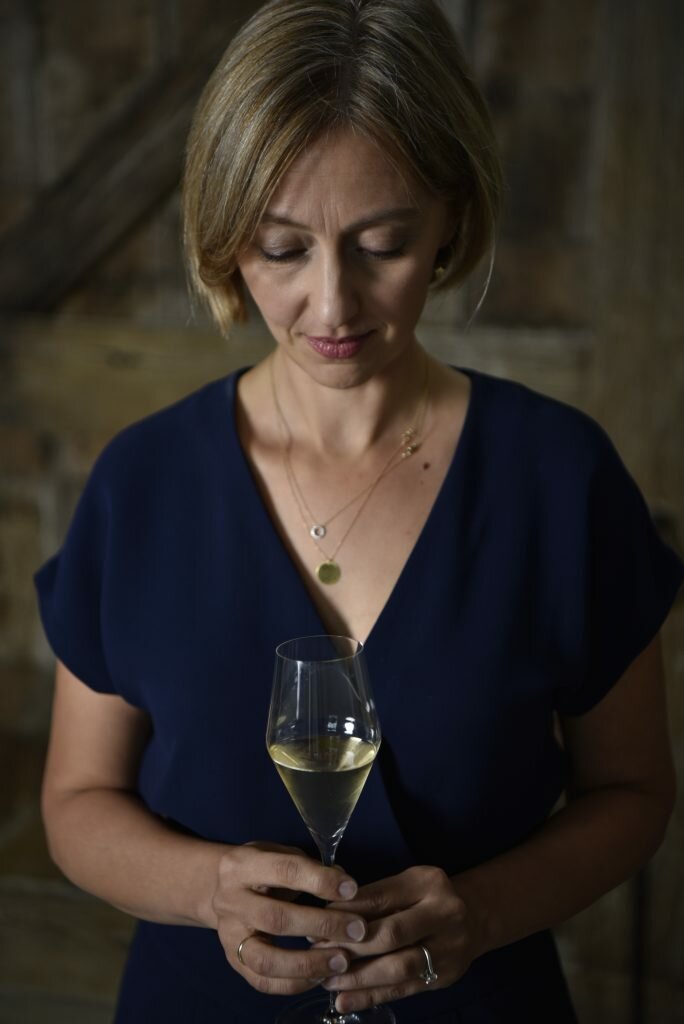
“For the 13 years that I’ve been a winemaker at Nyetimber, no two seasons have been the same,” she says. “We get to harness the character of the land in our vineyards and in our fruit, and gently guide that toward becoming a wine with as little course-correction as possible.”
Working with wine is a real ‘passion career’, as Spriggs puts it. It’s a full-on job, whether it’s harvesting, bottling, fermenting, or blending. But there’s also a love to it, a certain amount of care and consideration needed that Spriggs and her team at Nyetimber possess.
And of course, it comes with the perk of getting to taste fantastic sparkling wine all the time, though Spriggs is quick to remind us that she keeps work and play very separate.
“If people in the wine industry actually drank as much as people seem to think we do, nothing would ever get done,” she laughs.
